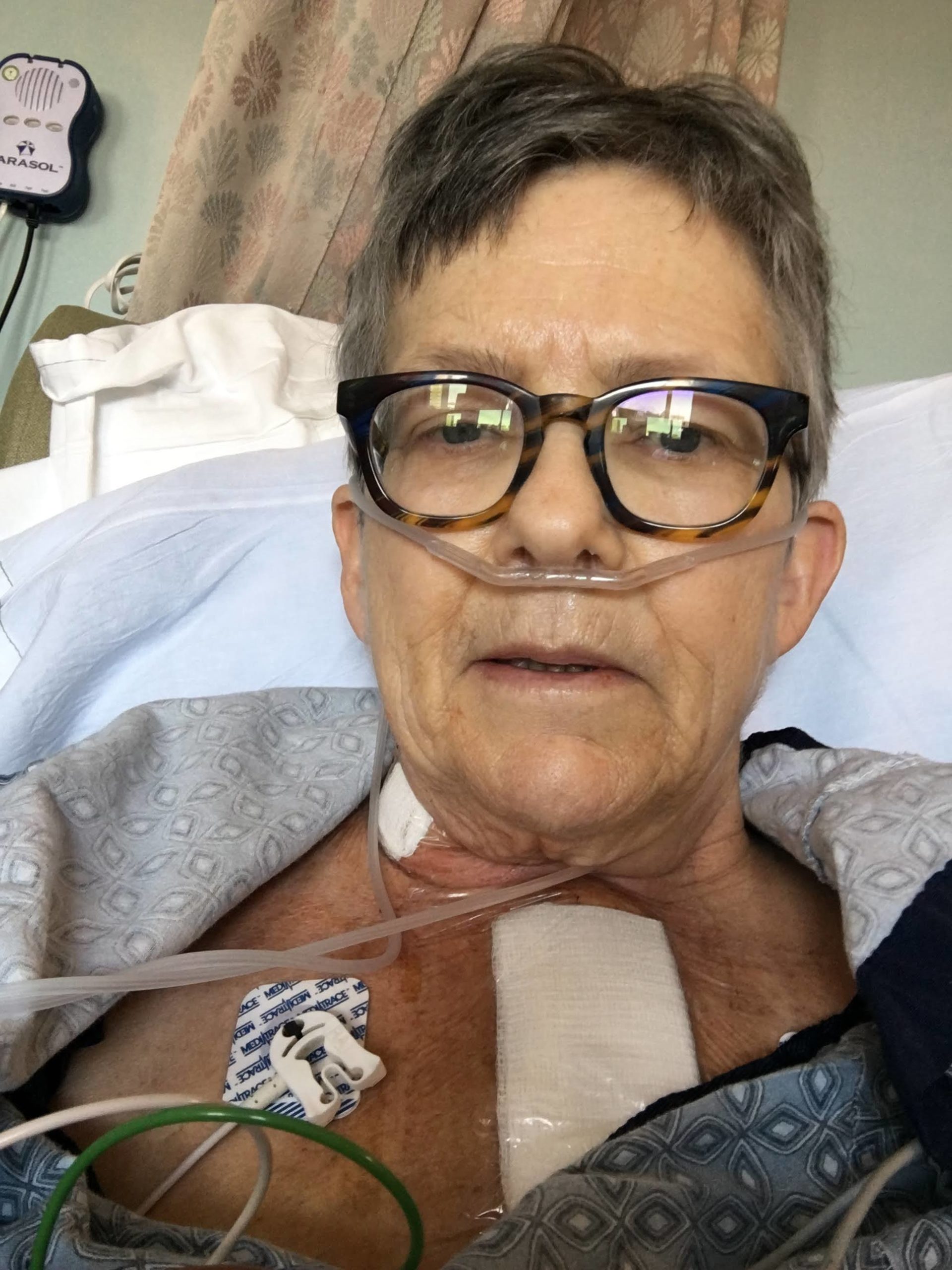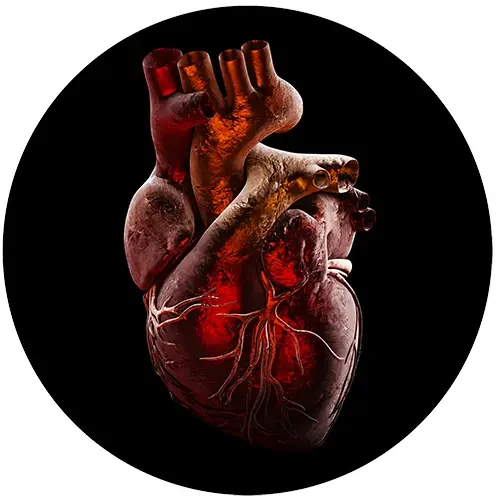Missy Hall Nicholson
My HCM journey started out of the blue when I was sixty years old. While hiking in Vermont I noticed symptoms that I knew were cardiac – shortness of breath, pressure in my chest, jaw pain. When I mentioned this to my primary care doctor, she sent me to see a cardiologist. Testing (echocardiogram, MRI, and stress echo test) showed thickening of the septum; fortunately, my cardiologist was well-versed in HCM because she herself had family members who were affected.
I live just west of Boston, so I went to an HCMA recognized Center of Excellence, where further testing showed obstruction, with a pressure gradient of more than 160mmhg with exertion. I had been treated with Metoprolol and Verapamil, but was still symptomatic, and my HCM specialist explained my options. It was determined that I was a good candidate for septal myectomy as in addition to my obstruction, my mitral valve was not functioning properly, and both could be addressed with a surgical approach.
As I weighed my options, I had to evaluate my own symptoms, which I had previously discounted as “normal”, and I had to ask myself what I wanted for my future. I had discussions with my local cardiologist as well as my specialist and after a lot of thought, research, and soul searching I decided to go ahead and have the surgery performed. My thinking was that the best I could hope for was that it wouldn’t get worse, and I didn’t want to live with so many symptoms forever.
After several cancellations due to the ongoing COVID pandemic, I had surgery in March 2021. Recovery was not easy, but I had a lot of help from friends and family (and my beloved pups), as well as visiting nurses and physical therapists who got me up and walking regularly. By Memorial Day I was hiking in Vermont again, and it felt amazing!
Genetic testing did not show any definitive gene variant associated with HCM, and to the best of my knowledge there is no family history prior to my diagnosis. Both of my children have been tested, and thankfully show no signs of HCM so far, we will continue to monitor them.
I feel extremely fortunate to have been seen right away by a cardiologist who understood HCM, and that I was able to take advantage of the world-class medical care available in Boston at an HCMA recognized COE, without the need to travel far.
Please share this story to bring awareness to Heart Month!
To learn more about accessing care at a HCMA Recognized Center of Excellence, go to https://4hcm.org/center-of-excellence/.
To learn more about hypertrophic cardiomyopathy (HCM), go to https://www.4hcm.org.
#4HCMAwareness #HCMStrong #HCMDay #4HCMWarriors #4HCM










